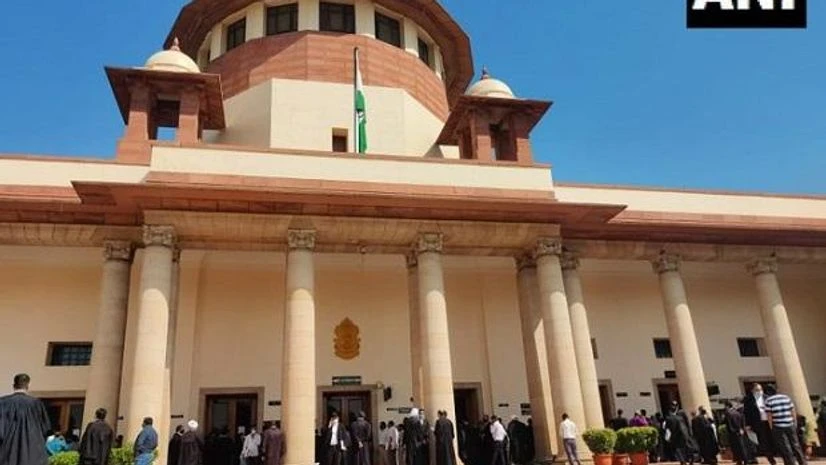It is not necessary for a court to give elaborate reasons while granting bail, particularly when a case is at the initial stage and the allegations of the offences by the accused would not have been crystalised, the Supreme Court said on Friday.
A bench headed by Justice L Nageswara Rao said there cannot be elaborate details recorded by the court to give an impression that the case is one that would result in a conviction or, by contrast, in an acquittal while passing an order on an application for grant of bail.
The apex court said a balance would have to be struck between the nature of the allegations made against the accused, the severity of the punishment if the allegations are proved and would result in a conviction, reasonable apprehension of the witnesses being influenced, tampering of evidence, criminal antecedents of the accused and a prima facie satisfaction of the court in support of the charge against the accused.
"It is not necessary for a court to give elaborate reasons while granting bail particularly when the case is at the initial stage and the allegations of the offences by the accused would not have been crystalised as such," the bench also comprising justices A S Bopanna and B V Nagarathna said.
The top court said the court while considering an application for bail has to exercise discretion in a judicious manner and in accordance with the settled principles of law having regard to the crime alleged to be committed by the accused on the one hand and ensuring the purity of the trial of the case on the other.
"Thus, while elaborating reasons may not be assigned for the grant of bail, at the same time an order dehors reasoning or bereft of the relevant reasons cannot result in the grant of bail. It would be only a non-speaking order which is an instance of violation of principles of natural justice. In such a case the prosecution or the informant has a right to assail the order before a higher forum," the bench said.
More From This Section
The top court's observations came on appeals against an order of Patna High Court which granted bail to an accused in a murder case.
The apex court said while it was conscious of the fact that the liberty of an individual is an invaluable right, at the same time while considering an application for bail courts cannot lose sight of the serious nature of the accusations against an accused.
"While considering an application for grant of bail a prima facie conclusion must be supported by reasons and must be arrived at after having regard to the vital facts of the case brought on record.
"Due consideration must be given to facts suggestive of the nature of the crime, the criminal antecedents of the accused if any, and the nature of punishment that would follow a conviction vis-a-vis the offence/s alleged against an accused," the bench said.
(Only the headline and picture of this report may have been reworked by the Business Standard staff; the rest of the content is auto-generated from a syndicated feed.)

)
